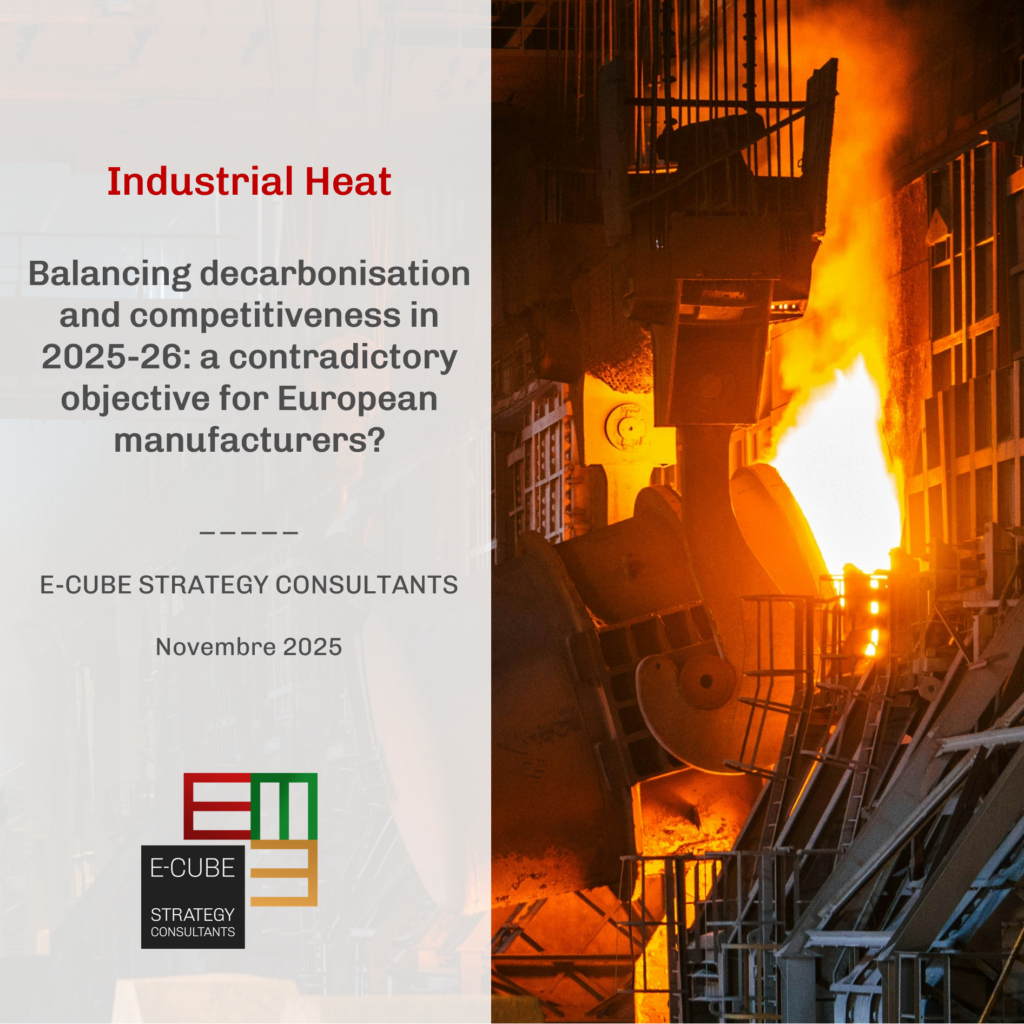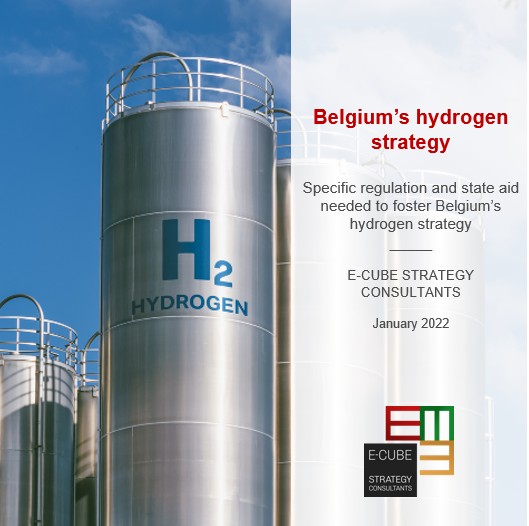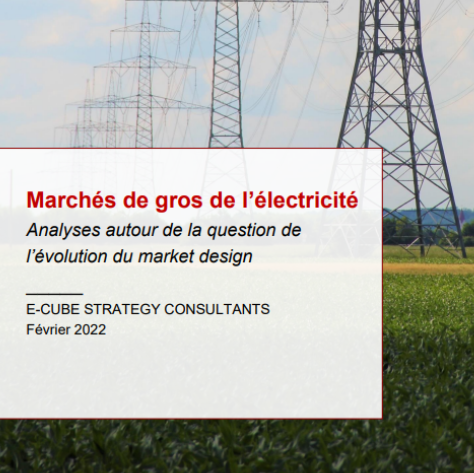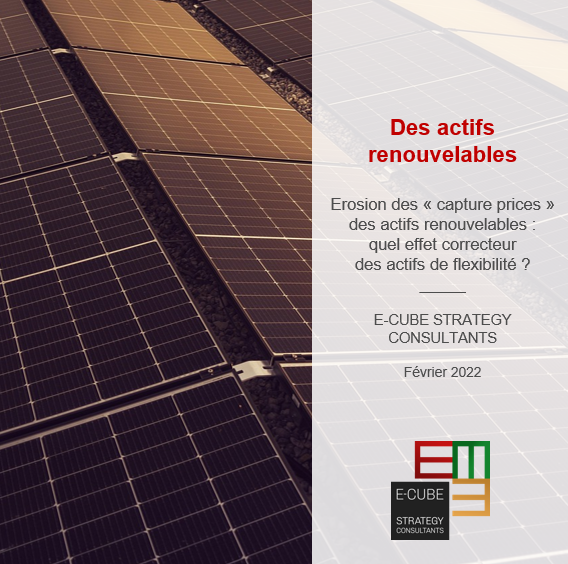In the current economic and political environment, Europe’s decarbonisation ambitions appear to be at an impasse, particularly for the industrial sector. With growing concern over the loss of momentum in several emblematic segments of European industry, industrial decarbonisation objectives seem to be standing on a knife-edge, quickly criticised as imposing an economic, organisational, and administrative burden incompatible with the need to regain competitiveness.
Yet at the level of individual companies, ambition remains and projects continue to move forward. It is crucial not to break this momentum due to weakening political signals or questions over public support, especially in a context where:
- A “step backwards” is neither a viable nor realistic option — whether from a technical or geopolitical standpoint.
- Companies are entering a pivotal period in their decarbonisation commitments, shifting from a phase of “target-setting and early actions” to one of “operationalisation and scale-up.” Entering this new phase brings significant challenges, particularly when tackling the core of industrial decarbonisation: thermal uses (largely supplied by natural gas or coal in Europe).
Despite the challenges posed by the current economic environment and long-term projections of low fossil fuel prices, low-carbon heat (electrification via heat pumps, e-boilers or electric process equipment, electro-thermal storage, biomass, RDF, biogas, geothermal energy, etc.) has strong potential to prevail. Competitive solutions already exist today, and others offer sound technical and economic prospects in the medium term. A wave of innovation — technical and technological, financial, and organisational — is emerging across the market ecosystem (technology startups, financiers and investment funds, established players and new entrants in industrial energy services, etc.). We will highlight key trends and illustrative examples from this evolving landscape.










